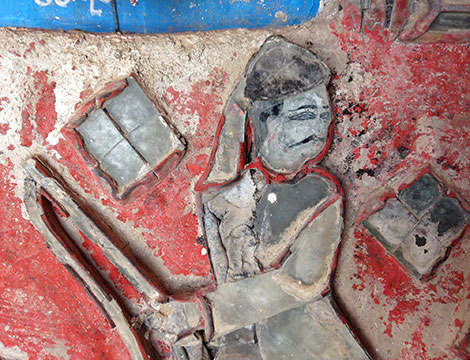
This article was originally published by Pacific Forum CSIS on 23 August 2017.
What does Myanmar need to push through a successful democratic transition? It must build strong institutions, transform the economy, and end decades of conflict between ethnic armed groups and government forces, among numerous other challenges. Yet, these enormous tasks seem trivial when compared to what is probably the biggest obstacle to further democratic reform: the role of Myanmar’s armed forces, or Tatmadaw.
No other institution is more powerful than the Tatmadaw in Myanmar. Over five decades of military rule, the armed forces became entrenched in politics and business. Not only does it occupy 25 percent of total seats in Parliament, granting it an effective veto over constitutional change, but it also controls three key ministries: Defense, Home Affairs, and Border Affairs. The president is not the commander-in-chief, and hence, has no official control of the Tatmadaw. Moreover, the constitution grants the military power to take charge of the country in times of emergency.
